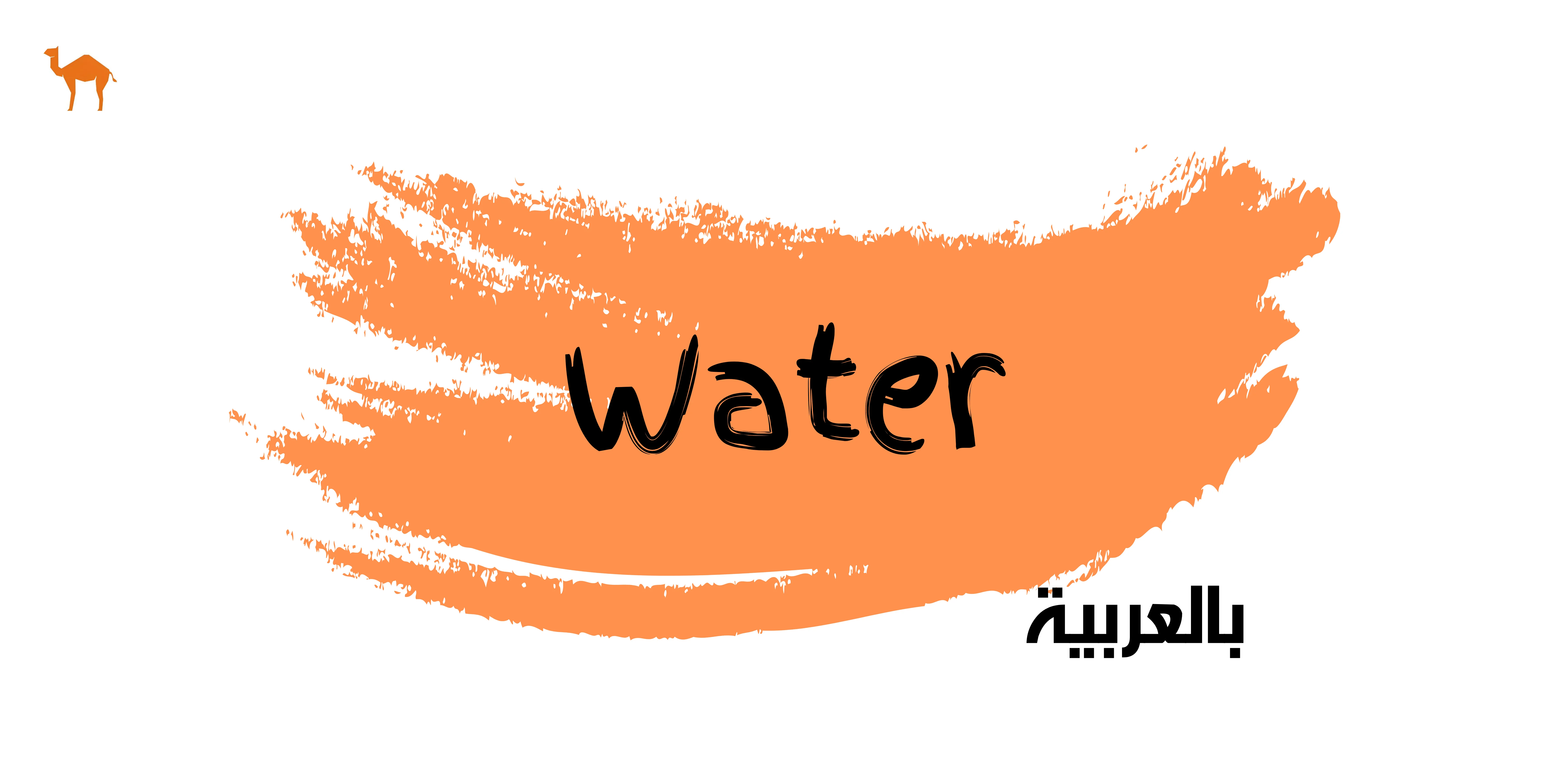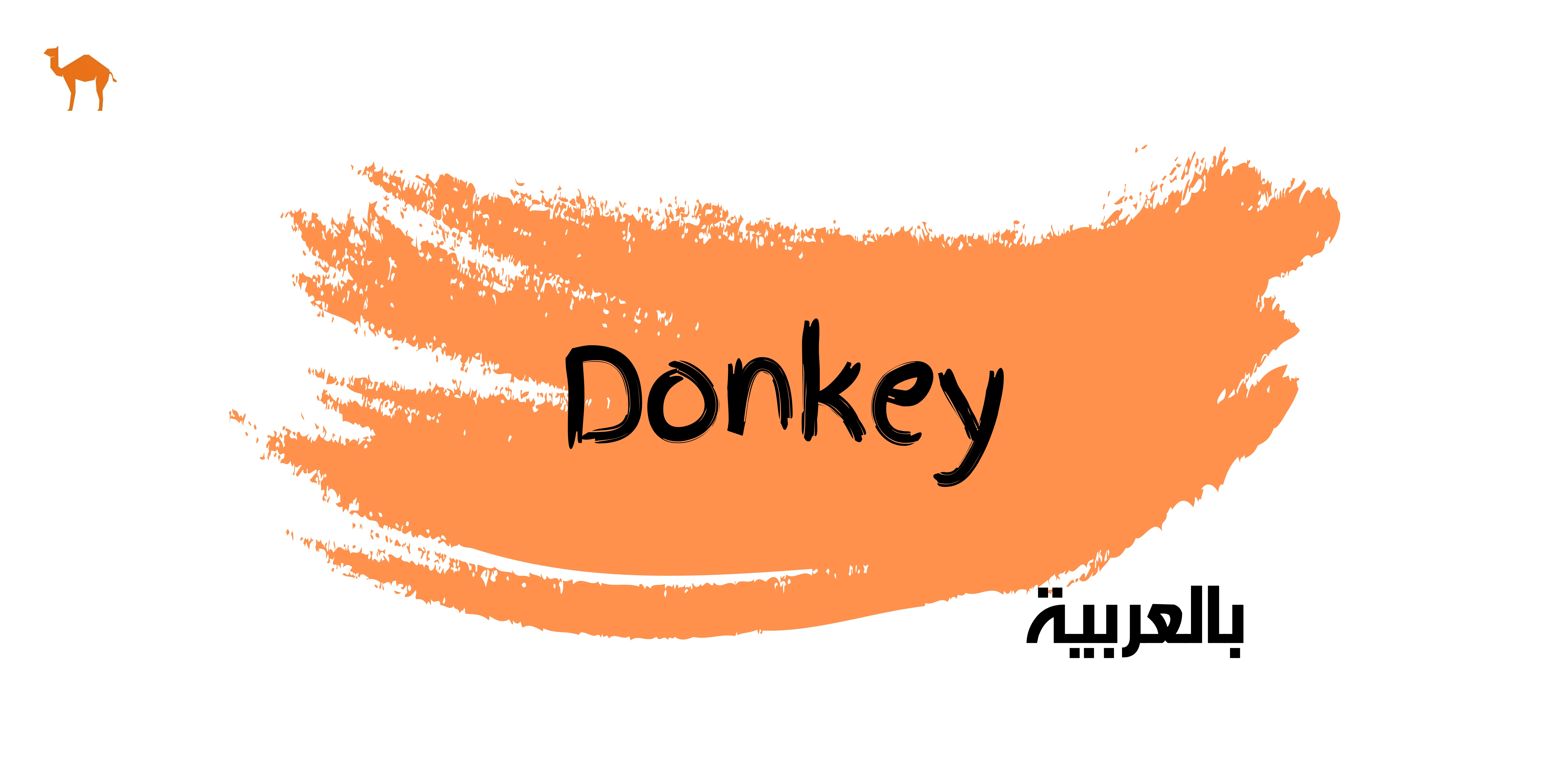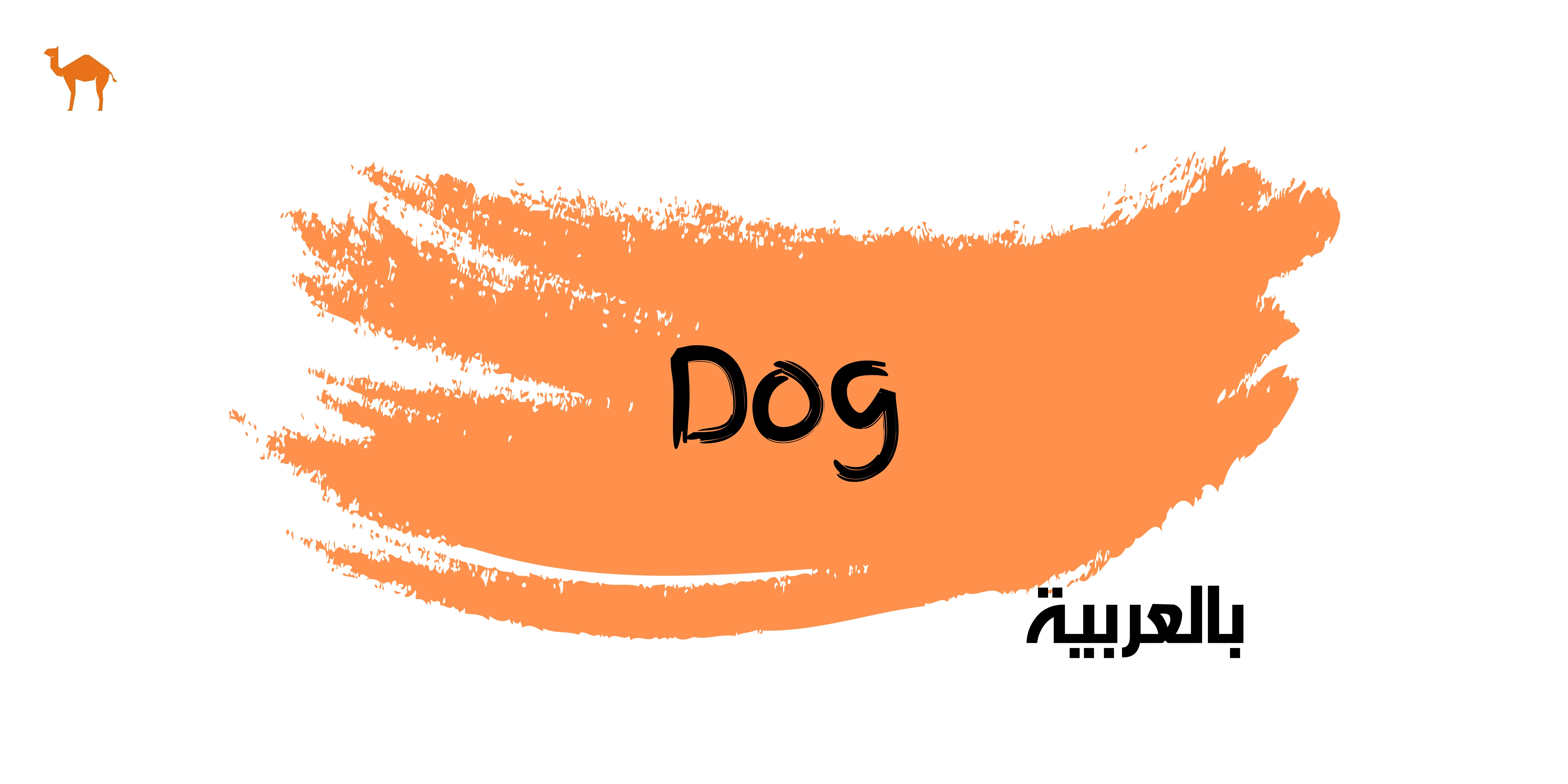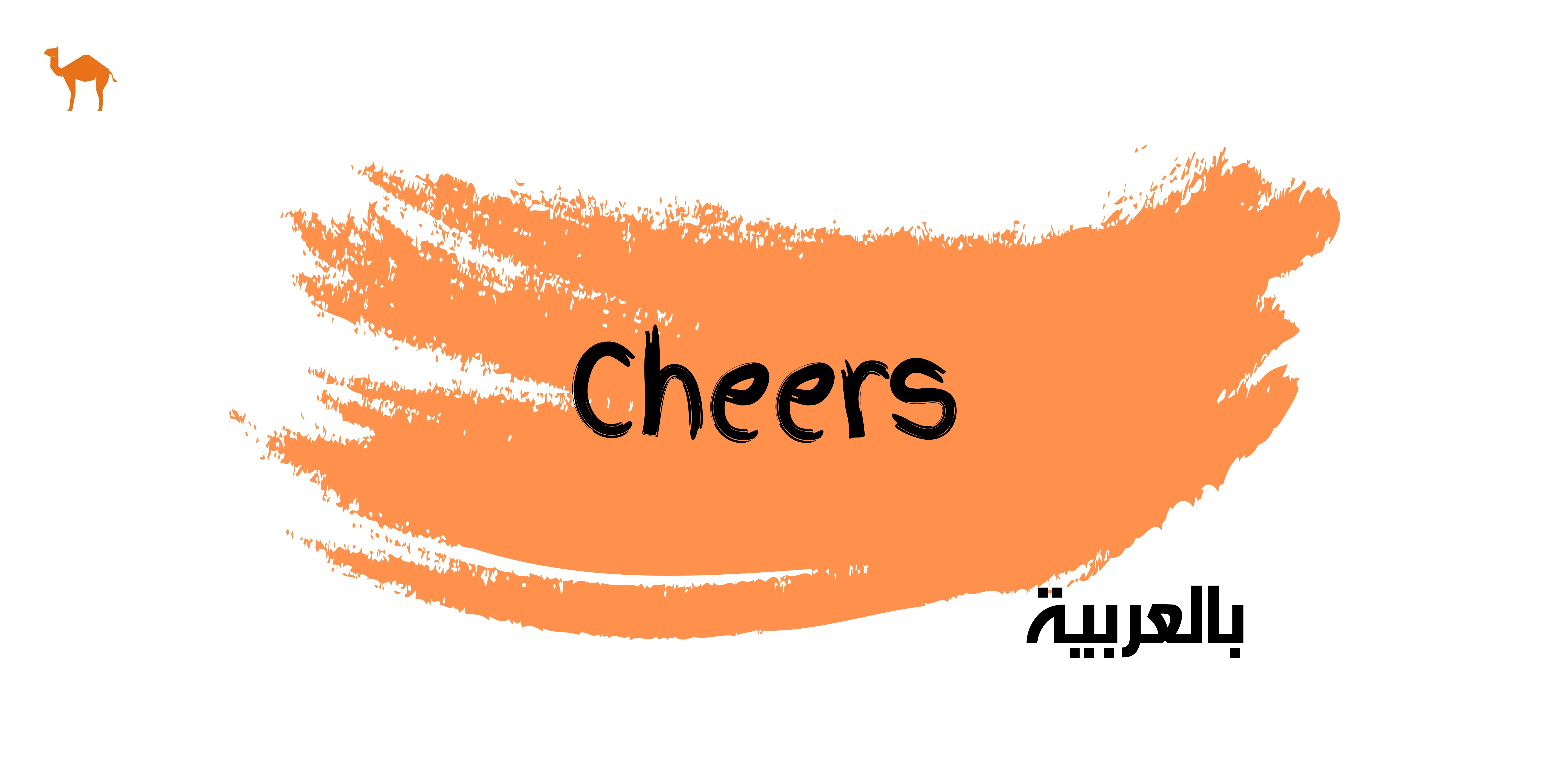How to Say 'Water' in Arabic

Language connects us and reveals our cultural differences and similarities. Arabic, with its many dialects, offers a unique glimpse into these variations. One basic yet vital word, "water," changes subtly across the Arabic-speaking world. In this article, we will explore how to say 'water' in Arabic, highlighting the rich diversity within the language.
How to Say 'Water' in Arabic
Here, we explore how to say 'water' in Arabic, covering both Modern Standard Arabic and various dialects.
Modern Standard Arabic (MSA)
- ماء (Maa')
In Modern Standard Arabic, the word for "water" is "ماء" (pronounced "Maa'"). It is a vital term in everyday language and is used in various contexts, from daily life to literature and religious texts.
Example in daily life: ".أشرب ماء كل يوم" (Ashrab maa' kulla yawm.) - "I drink water every day."
Example in Quran: ".وجعلنا من الماء كل شيء حي" (Wa jaʿalna min al-maʾ kulla shayʾin hayy.) - "And We made from water every living thing."
In Arabic, the plural of "ماء" (Maa') is "مِيَاه" (Miyah).
Example: ".تلوثت مِيَاه الأنهار بسبب النفايات" (Talawwathat miyah al-anhar bisabab al-nifayat.) - "The waters of the rivers were polluted due to waste."
Example: ".استمتعنا بالسباحة في مِيَاه البحر الصافية" (Ista-mtaʿna bil-sibahah fi miyah al-bahr al-safiyah.) - "We enjoyed swimming in the clear waters of the sea."
Arabic Dialects
Egyptian
Egyptian Arabic, also known as 'Masri' or Egyptian colloquial Arabic, is a spoken dialect of the Arabic language primarily used in Egypt. It is distinct from Modern Standard Arabic (MSA), the formal written language used in literature, media, and official communication across the Arab world.
- مَيّة (mayya)
In Egyptian Arabic, the word for "water" is "مَيّة" (pronounced "mayya"). This term is used frequently in everyday conversation and is an essential part of the local dialect.
Example: ".عايز أشرب مَيّة" (ʿayez ashrab mayya.) - "I want to drink water."
Gulf (Khaliji)
Gulf Arabic refers to the Arabic dialect spoken in Saudi Arabia, Kuwait, Bahrain, Qatar, the United Arab Emirates, Oman, and parts of Iraq and Iran. It's also known as Khaliji.
- موية (mouya)
In some Gulf and Sudanese Arabic dialects, the word for "water" is "موية" (pronounced "Mouya"). This term is widely used in everyday conversations in these regions.
Example: ".بعد التمرين، لازم تشرب موية" (Baʿd al-tamrin, lazim tishrab mouya.) - "After the workout, you need to drink water."
Levantine
Levantine Arabic refers to the variety of Arabic dialects spoken in the Levant region, which includes countries such as Syria, Lebanon, Jordan, Palestine, and parts of Iraq. It's one of the major branches of Arabic dialects.
- مَيّ (mayy)
In Syrian Arabic, the word for "water" is "مَيّ" (pronounced "mayy"). It is commonly used in everyday conversation in Syria and other Levantine regions.
Example: "فيني أشرب مَيّ؟" (Fini ashrab mayy?) - "Can I drink water?"
Darija (Maghrebi)
"Darija" refers to the Arabic dialects spoken in the Maghreb region of North Africa, including Morocco, Algeria, Tunisia, Libya, and Mauritania.
- مَيَّة (mayya)
In Libyan Arabic, the word for "water" is "مَيَّة" (pronounced "mayya"). It is commonly used in everyday speech in Libya.
Example: "ممكن تجيب لي قزازة مَيَّة؟" (Mumkin tjeeb li qizzāzah mayya?) - "Can you bring me a bottle of water?" - ما (ma)
In Darija (Maghrebi Arabic), the word for "water" is "ما" (pronounced "ma"). This term is used in everyday conversation across Morocco, Algeria, and Tunisia.
Example: ".بغيت شوية ما" (Bghit shwiya ma.) - "I want some water."
Explore the richness of the Arabic language and culture with eArabic.io's online courses tailored for learners worldwide, whether you're a beginner or an advanced student, our comprehensive curriculum and expert instruction provide an immersive learning experience accessible from anywhere. Dive into the program in Arabic, designed to deepen your understanding and proficiency in this vital language. Book a free Arabic lesson!


